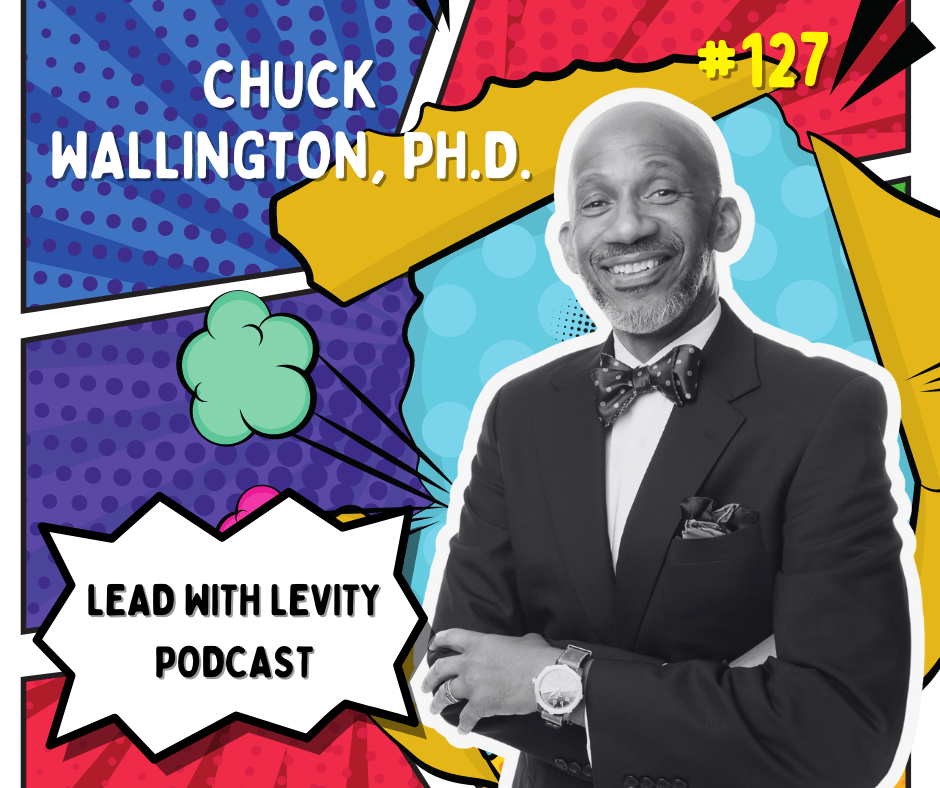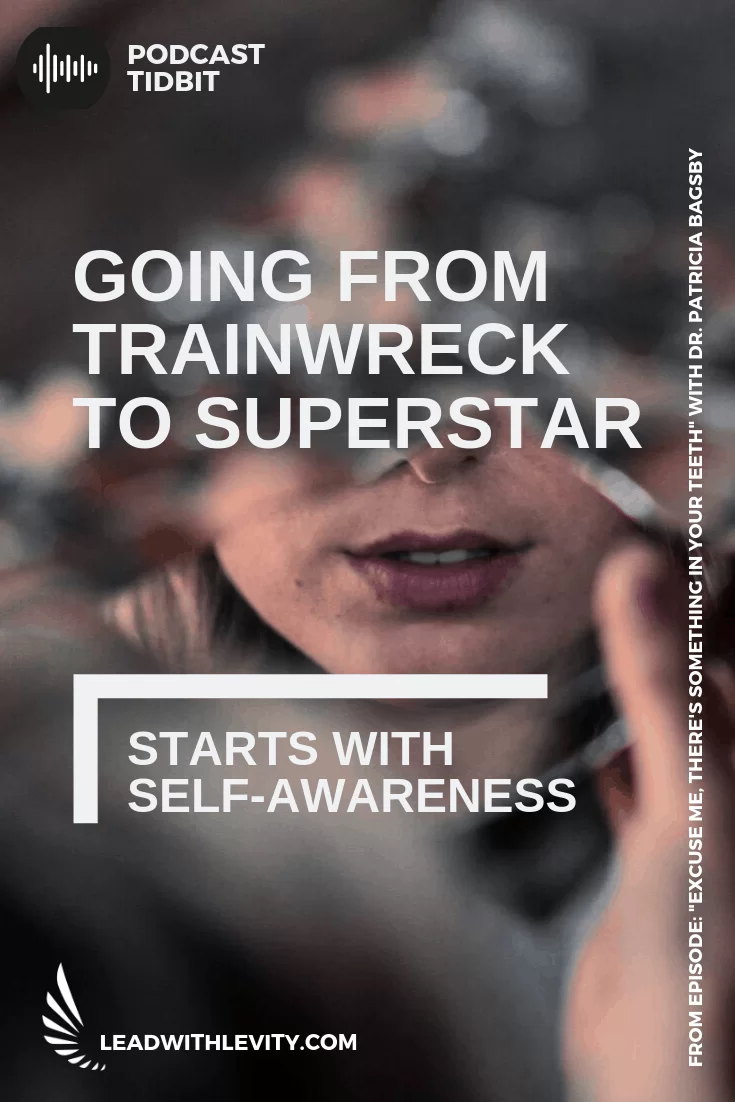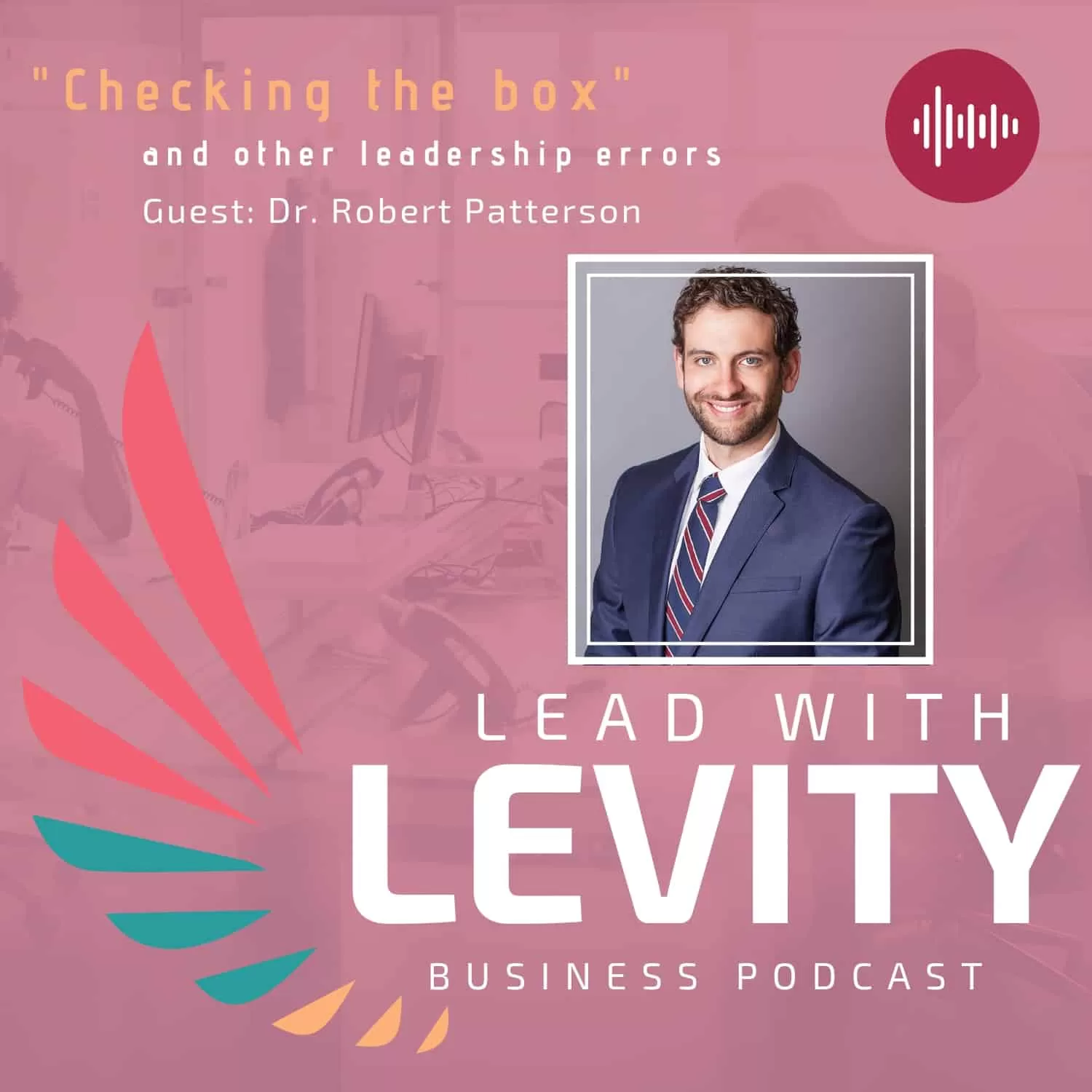In this episode of the Lead with Levity podcast, I had the profound opportunity to host Dr. Chuck Wallington, a towering figure in the realm of corporate leadership and a beacon for aspiring African American executives. Dr. Wallington, the author of “A Seat at the C-Suite Table: Insights from the Leadership Journeys of African American Executives,” shares invaluable wisdom gleaned from his research and personal journey, highlighting the nuanced challenges and victories experienced by black male leaders across the nation.  The Uniqueness of the Black Executive Experience
The Uniqueness of the Black Executive Experience
One of the most compelling revelations from Dr. Wallington’s work is the distinctiveness of the leadership journey for African American males in corporate America. Through his doctoral research, which originally stemmed from a quest to understand the scarcity of black men in public relations, Wallington broadened his scope to explore the stories of 30 black male executives.
These narratives collectively underscore the rarefied air these leaders breathe and navigate within the C-suite realm – often as the first and only person of color in executive teams. Wallington’s ascent to a C-suite level position as the first African American male at Cone Health speaks volumes. His story, parallel to those he researched, sheds light on the persistent need for diversity and inclusion at the highest levels of corporate structures.
Mentorship: A Pillar for Success
A recurring theme in these leadership journeys is the vital role of mentorship. Despite the prevailing narrative, Wallington’s findings reveal that while not all successful black executives had mentors, the ones who did could draw on a reservoir of support and guidance that significantly eased their paths. This mentorship paradigm extends beyond race, emphasizing the universal value of having seasoned advisors for those climbing the corporate ladder.
The mentorship discussion also unveils a poignant reality: the quest for mentorship remains challenging for many, with some executives expressing a lifelong quest for such relationships. This points to an opportunity within corporate environments to foster more mentor-mentee relationships, particularly for minority executives.  Challenges and Opportunities for Growth
Challenges and Opportunities for Growth
The conversations Wallington had with these executives illuminate the ongoing challenges faced by black men in corporate America. The physical presence, the conscious efforts to not intimidate colleagues, and the overarching need to constantly prove oneself are just snippets of a larger narrative that demands attention and action.
In light of the societal upheavals following events like the murder of George Floyd, these leadership experiences gain an added layer of complexity. Wallington shares his own workplace’s response to these events, projecting a beacon of hope for constructive dialogues and actionable change toward a more inclusive corporate culture.
The Unlearning Process: A Path Forward
Reflecting on personal growth, Wallington emphasizes the importance of unlearning preconceived notions and biases. This process of unlearning, prompted by new evidence or perspectives, is crucial for personal and professional development. It underscores the necessity for a mindset open to growth, change, and understanding, particularly in supporting colleagues, friends, and teams from different backgrounds.
Conclusion
Dr. Chuck Wallington’s journey, coupled with the insights from his research, offers a clarion call to corporate America and beyond. It’s a call for introspection, broader inclusion, and a concerted effort to understand and address the unique challenges faced by African American executives. As we reflect on these stories, let us consider how we, too, can be a part of the change – through mentorship, a willingness to learn and unlearn, and our actions and policies that nurture an environment where every leader can flourish, regardless of race.
Thank you, Dr. Chuck Wallington, for sharing your profound insights and research. Your work not only shines a light on the often untold stories of black male executives but also serves as a roadmap for building more inclusive and empathetic leadership frameworks in every sphere of influence.

Charles F. (Chuck) Wallington is a C-Suite executive and a chief marketing and communications officer. For the past 12 years, Chuck has held leadership roles in the healthcare industry. Previously, he held leadership roles in the financial services and the consumer-packaged goods industries.
After a brief stint as a newspaper reporter, the University of North Carolina Journalism School graduate segued into public relations and marketing where he has been blessed to enjoy a successful career. He later earned a master’s in communications management from the S.I. Newhouse School of Public Communications at Syracuse University. His master’s research, titled “Barriers, Borders and Boundaries: Exploring why there are so few African American men in the public relations profession,” was named one of the Top 15 Public Relations Insights of 2020 by the Institute of Public Relations.
Chuck also earned his PhD in Leadership Studies from North Carolina A&T State University. His 2021 dissertation, Navigating the C-Suite: Exploring the Leadership Journey of African American Male Executives in U.S. Corporations, inspired his newest book.









